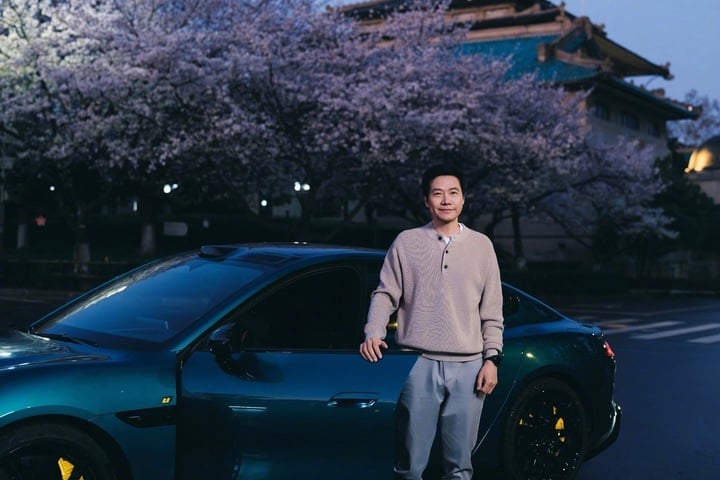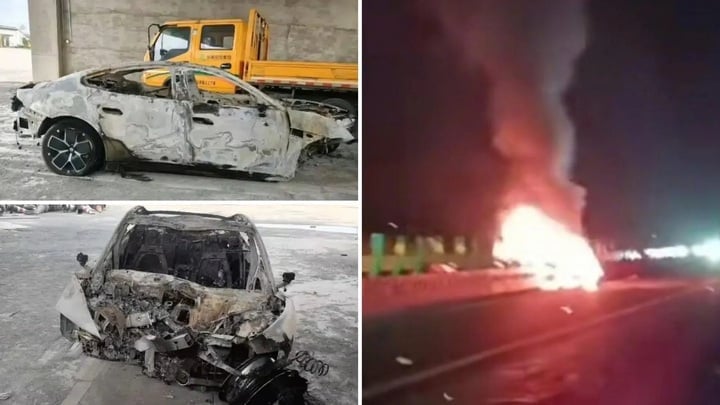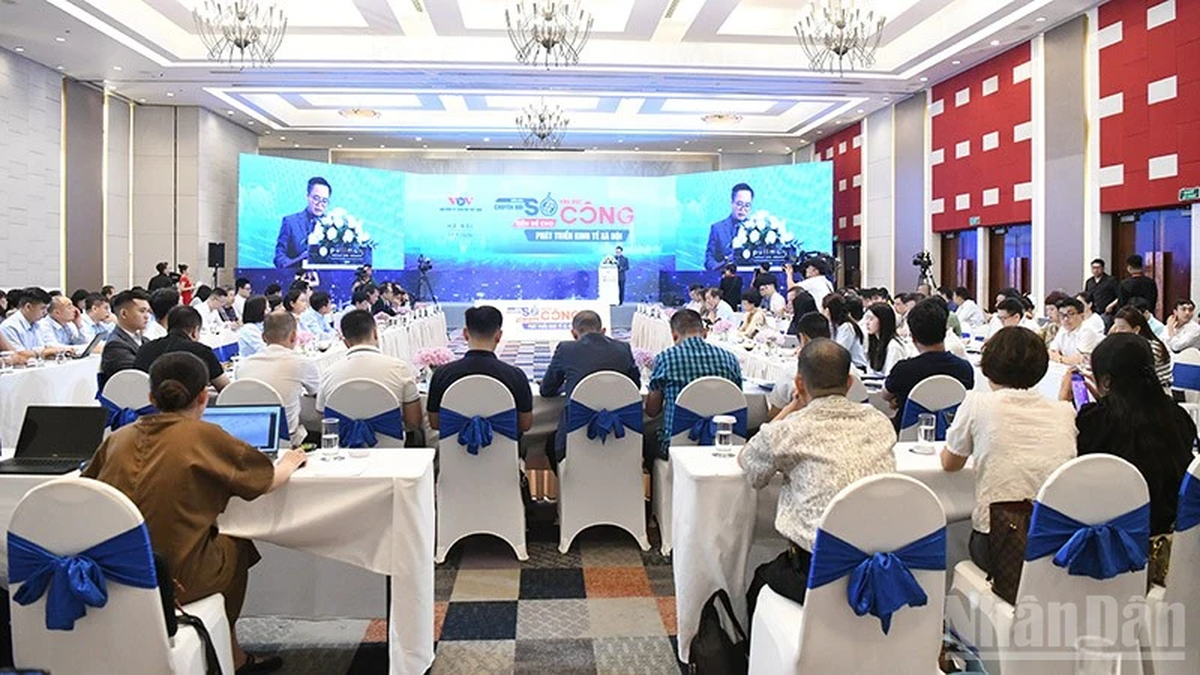Xiaomi CEO opens up about "dark moments"
After a period of absence from online platforms, Lei Jun, founder and CEO of Xiaomi, made a post that attracted a lot of attention last weekend. On Weibo, China's leading social network, the CEO shared: "I feel like I'm falling down, some meetings and business trips have been canceled. I will temporarily suspend my social media activities for a while. After many years of being busy, I think it's time to stop, rest, and think things through."
This short status was posted with two images: a gym and a Xiaomi SU7 Ultra electric car. Although he did not mention any names, it was understood that Mr. Lei Jun was referring to the scandal surrounding the accident involving the SU7 model that killed three people. The post quickly became a hot topic of discussion across forums in China.
With over 26 million followers on Weibo, Mr. Lei Jun was previously known for regularly updating his activities, sharing information and interacting with fans. However, since the crisis of confidence broke out, the frequency of his activities has decreased significantly. In the whole month of April, his personal page recorded only 21 posts, mostly advertising content for the company. This change is considered unusual, especially when compared to 33 posts and many personal photos in the last week of March, the time before the accident.
Xiaomi CEO in promotional photos next to the SU7 Ultra.
SU7 incident and the wave of public rejection
According to the South China Morning Post (SCMP), criticism of Lei Jun and Xiaomi has escalated after the tragic accident of an SU7 car in Anhui province, central China. The car crashed while traveling on a highway at 116 km/h with the driver assistance system (ADAS) activated.
Remarkably, the system only gave a hazard warning two seconds before the car crashed into a concrete barrier and burst into flames. Worse, the victims were unable to escape because the car doors locked automatically after the collision.
Following this serious incident, Xiaomi and CEO Lei Jun faced heavy pressure from both consumers and authorities. China’s Ministry of Industry and Information Technology (MIIT) quickly issued a series of new regulations to tighten the management of self-driving technology, a move that is considered a direct response to the SU7 incident.
The situation became even worse when on May 11, Fast Technology published a report from the China Automotive Quality Network, in which the Xiaomi SU7 electric car was ranked last in terms of quality. The file recorded many complaints from users related to issues such as abnormal noise during operation and wheel axle wear.
Sina newspaper commented that Xiaomi is experiencing an unprecedented crisis of confidence in the domestic market. A campaign calling for the return of the SU7 Ultra, initiated by more than 300 owners, quickly spread across the country. Participants accused Xiaomi of false advertising and deliberately providing false information about the vehicle's actual specifications and performance.
The serious accident caused the Xiaomi SU7 to catch fire and 3 people died because they could not escape.
Many car owners have posted videos as evidence that the advertised "racing-grade aerodynamic design" on the hood is actually just a cosmetic feature.
Although Xiaomi issued an official apology on May 7, the move did not seem to be enough to appease public opinion and prevent the crisis from spreading further. Many Xiaomi electric vehicle owners across the country have formed groups on social media to jointly protect their rights and simultaneously demand the return of their vehicles. Some have even decided to hire lawyers to initiate a class action lawsuit, demanding that Xiaomi refund one to two times the purchase price, according to Article 55 of the Chinese Consumer Protection Law.
The biggest loss that Xiaomi has suffered in this crisis is not only financial or legal, but also the collapse of trust from users. Customers not only feel deceived by exaggerated advertisements but also have to witness the attitude of arrogance and contempt for consumers from this technology company.
According to Sina, this crisis has not only severely eroded Xiaomi's reputation, but also threatens to negatively affect the entire rapidly growing electric vehicle industry in China. From the tragic accident of the SU7 to the strong wave of protests from users, a big question is being asked for technology companies: are they rushing too quickly, "burning the stage" in developing and launching products, ignoring core user safety standards just to achieve their own business goals?
Khanh Linh
Source: https://vtcnews.vn/khung-hoang-niem-tin-bua-vay-xiaomi-sau-su-co-xe-dien-su7-ar943324.html







































































































Comment (0)